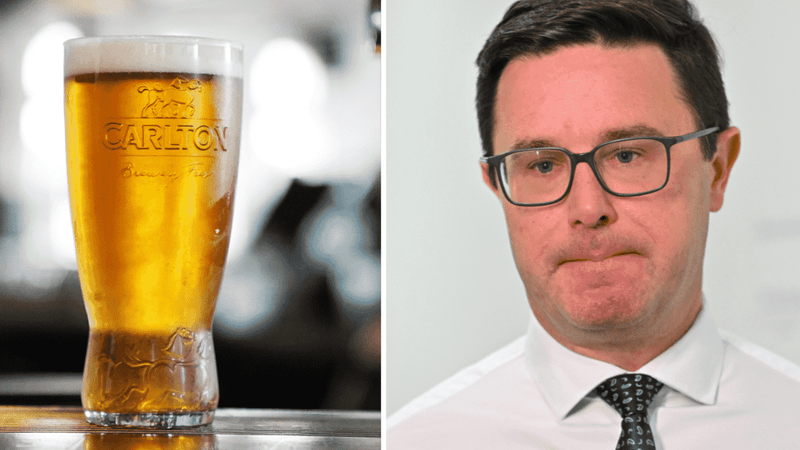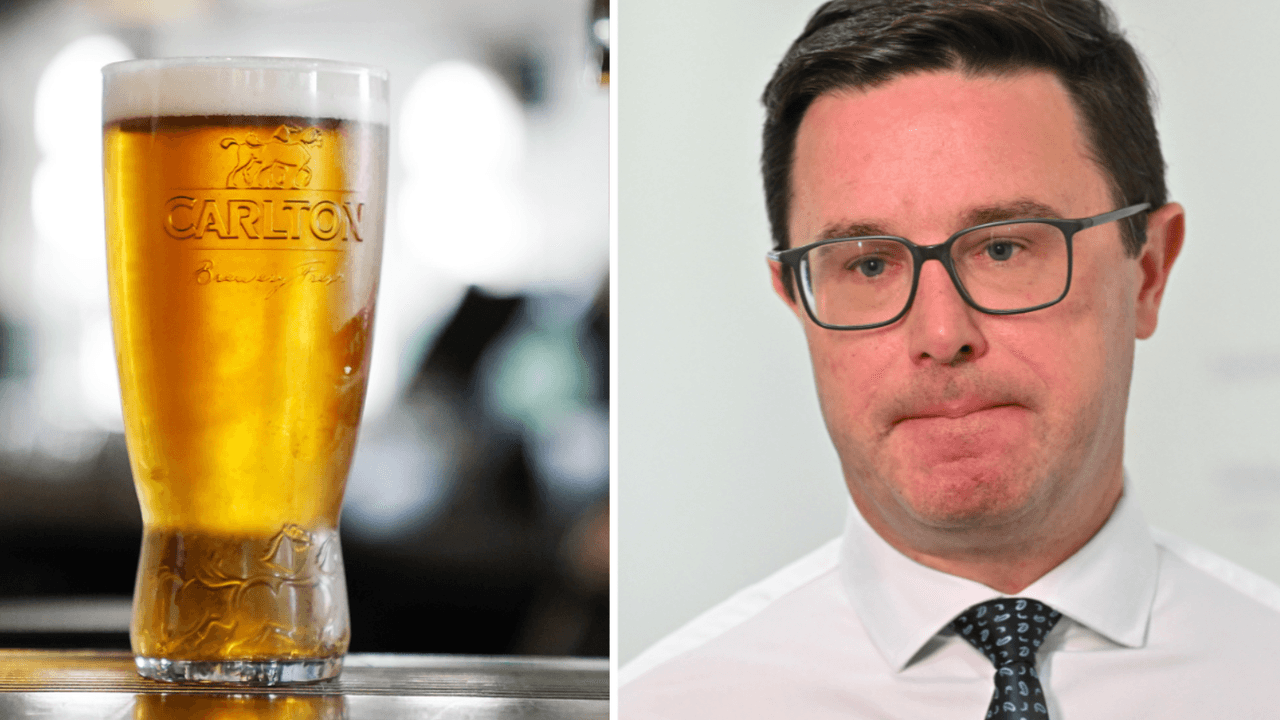
What was claimed
More than 50 per cent of the cost of a pot of beer is tax.
Our verdict
False. It’s around 15 per cent.
AAP FACTCHECK - Nationals leader David Littleproud claims that more than 50 per cent of the cost of a pot of beer is federal tax.
This is false. Excise duties and GST together account for only around $1, about 15 per cent, of a $7 pot of full-strength beer bought in a pub.
However, around 40 per cent of the cost of a can or bottle of full-strength beer is tax.
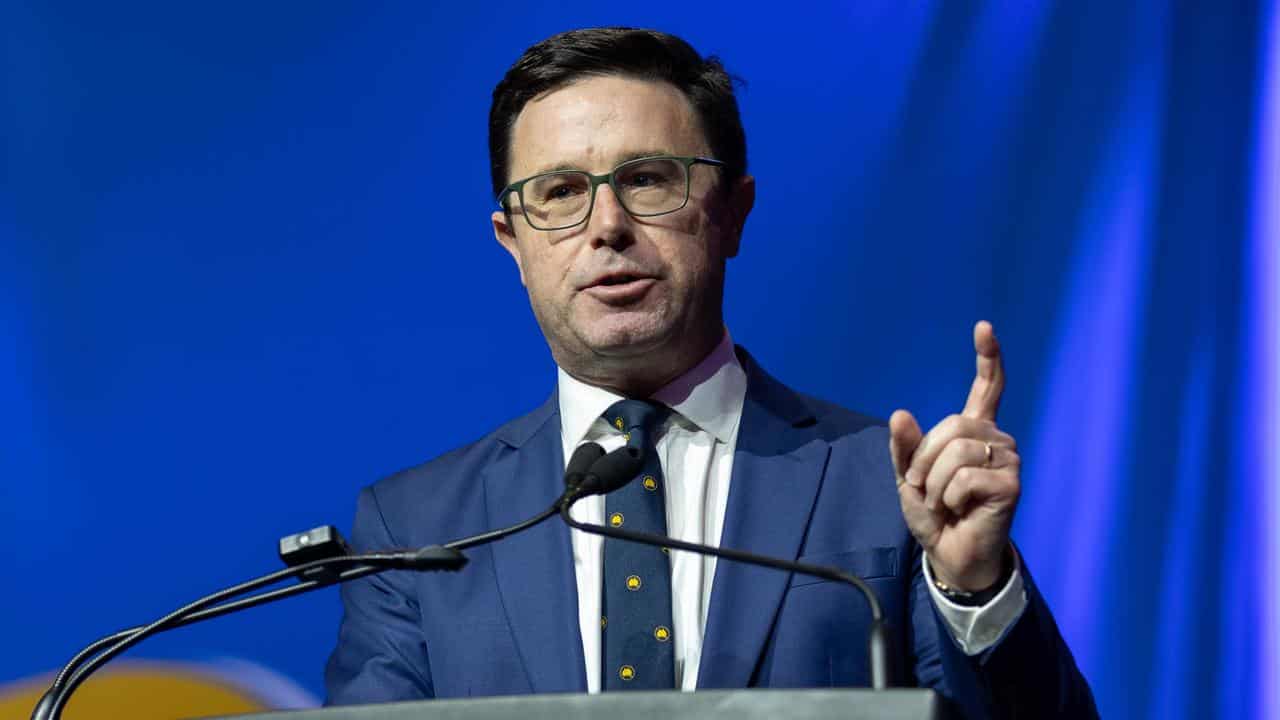
The politician made the claim on September 23 during a 3AW radio interview in which he argued for “a pausing of excise on alcohol served at our local pubs”.
When asked how much of a pot of beer “is now federal tax”, Mr Littleproud said: “Yeah, look, it's over 50 per cent because there's a compounding effect that's gone in every six months” (one hour, 28 minutes, 44 seconds).
Mr Littleproud’s office didn’t respond when AAP FactCheck asked for the basis of the 50 per cent figure.
Excise tax varies depending on the alcoholic strength of the beer, the volume produced and the type of container in which it’s sold.
These rates rise twice a year, indexed against consumer inflation. The Australian Taxation Office (ATO) publishes a full list of beer excise rates.
For example, beer with an alcohol content of more than 3.5 per cent, that’s sold in a keg over 48 litres, is taxed at a rate of $43.22 per litre of pure alcohol at the time of writing.
For a keg of beer with less than three per cent alcohol, the tariff is $10.53/L of alcohol. For a keg of 3-3.5 per cent alcohol beer, the rate is $32.98/L of alcohol.
However, the first 1.15 per cent of alcohol in beer is exempt from excise tax.
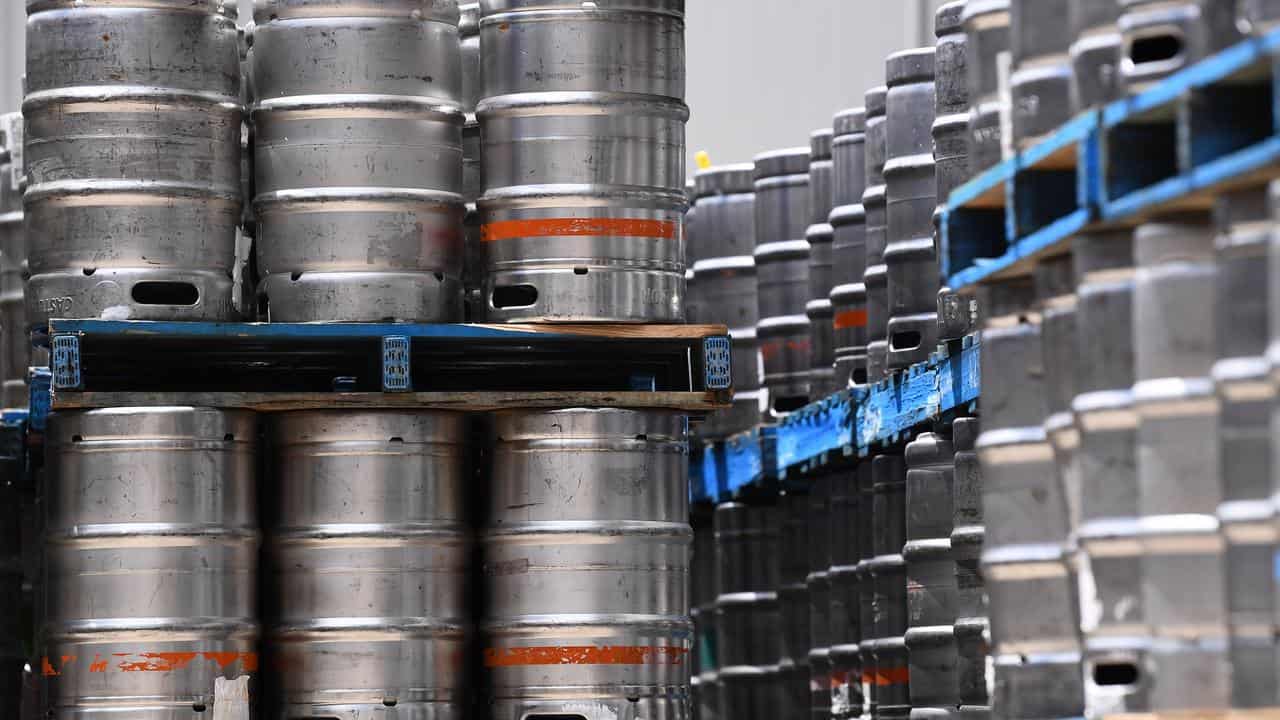
AAP FactCheck calculates a 50-litre keg of 4.6 per cent beer - such as Tooheys New or Carlton Draught - would be subject to $74.55 in excise tax or $1.49/L of beer.
That translates to 42c of excise tax per pot, which is 285ml. This measure is also known as a middy in NSW and Western Australia, and as a schooner in South Australia.
Beer is also subject to 10 per cent GST, meaning a $7 pot includes 64c of GST.
The combined tax liability of a $7 pot of 4.6 per cent alcohol beer would, therefore, be $1.06 or 15 per cent of the sale price.
The same formula results in 63c of excise tax in a 425ml schooner of full-strength beer, and 85c of excise tax in a pint.
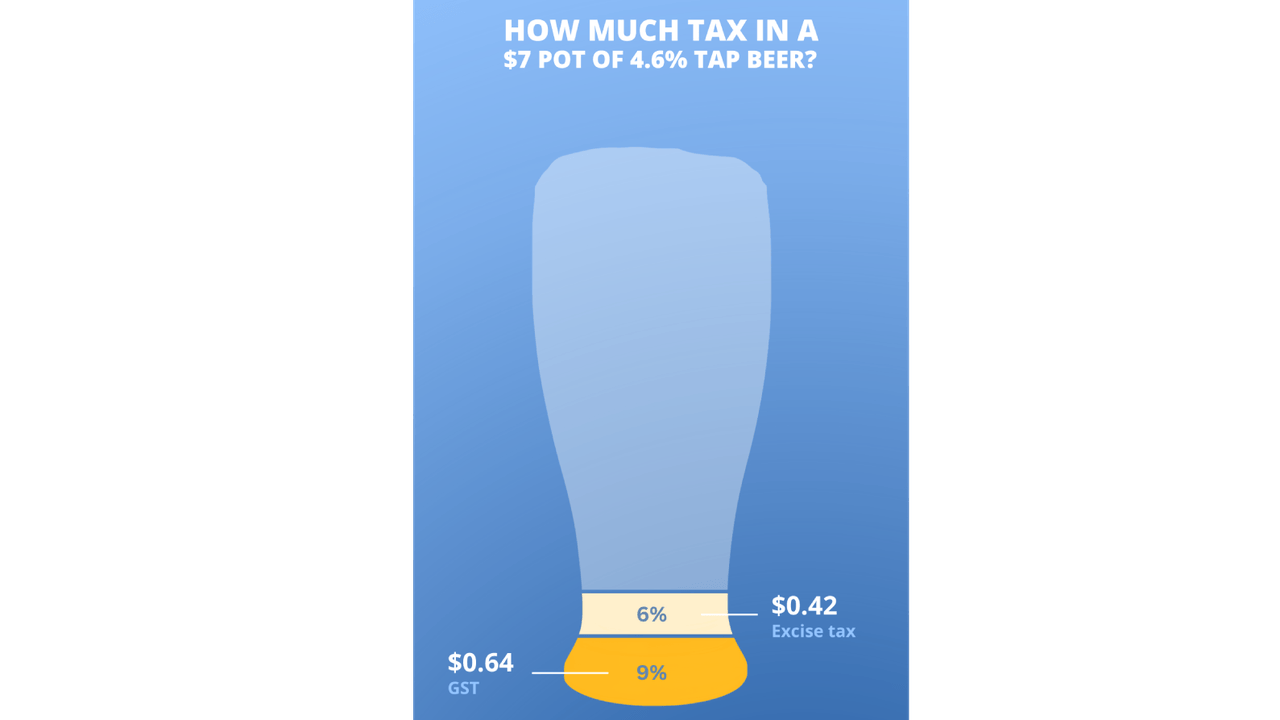
The cost of higher-alcohol beer includes a higher proportion of tax, but it’s still not near 50 per cent of the sales price.
For example, a $7 pot of eight per cent alcohol beer would include $1.48 in taxes, around 21 per cent of the bar price.
Cans and bottles of beer are taxed at a higher rate than tap beer, regardless of whether they are sold in a pub or a bottle shop. Full-strength bottles and cans are subject to a tax of $61.32/L of alcohol.
A 375ml bottle of 4.6 per cent alcohol beer sold in a pub for $8 would be subject to $1.52 in excise duty and GST, or 19 per cent of the sales price.
For a slab of 24 bottles of the same beer sold in a bottle shop for $60, about $24.45 or 40 per cent of that price would be taxes.
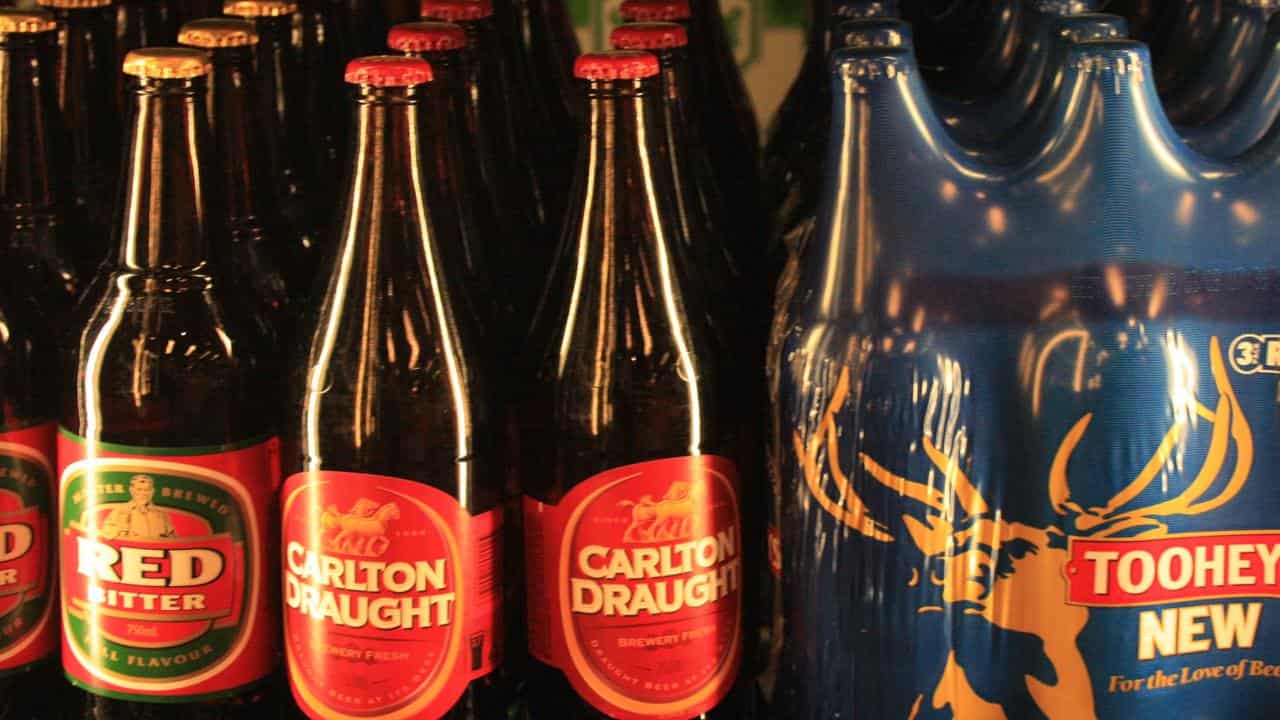
Figures supplied by industry bodies broadly match AAP FactCheck’s calculations.
Brewers Association of Australia chief executive John Preston told AAP FactCheck that taxes account for around 60c of the cost of a full-strength pot, 70c of the cost of a schooner and 90c of the cost of a pint.
The Australian Distillers Association (ADA), which represents craft spirit distillers, said beer was taxed at 42c per standard drink.
The tax on spirits was more than double that of beer, and that more than half the price of a $70 bottle of gin was tax, the ADA added.
The Verdict
False – The claim is inaccurate.
AAP FactCheck is an accredited member of the International Fact-Checking Network. To keep up with our latest fact checks, follow us on Facebook, Twitter and Instagram.
